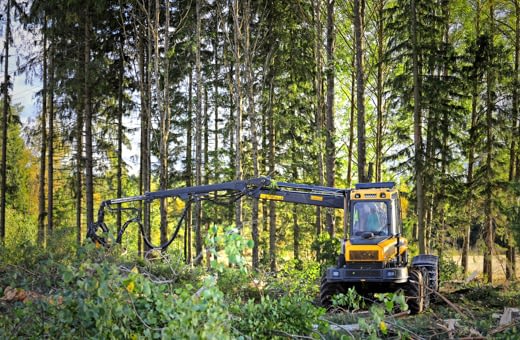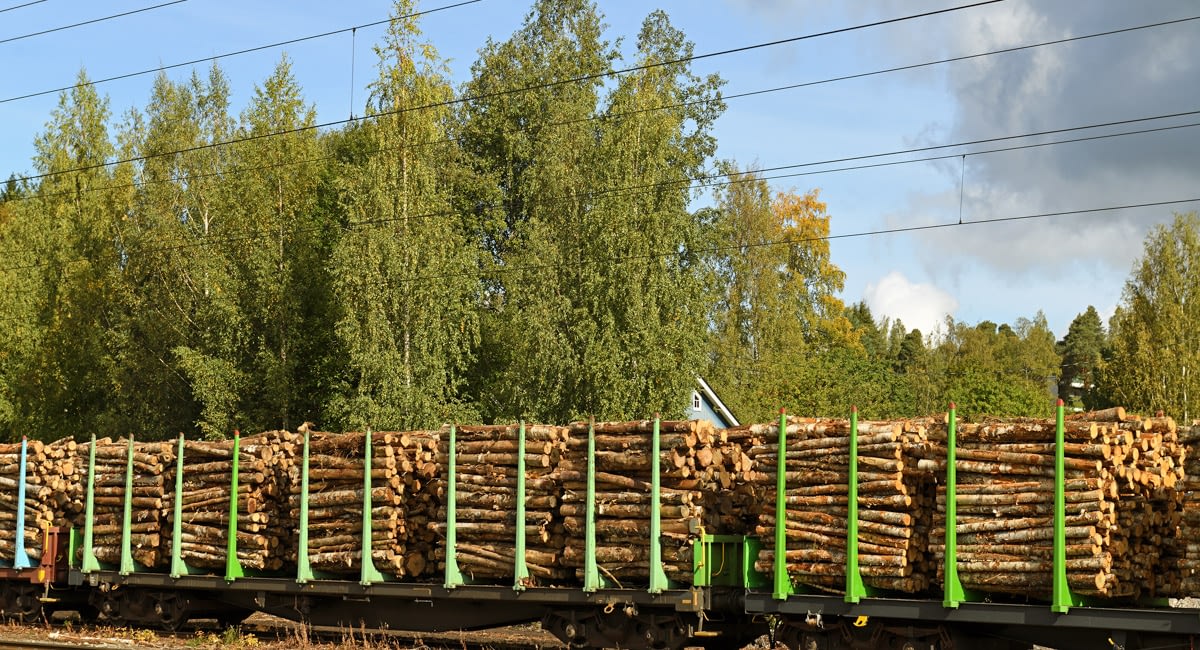
The possibility for continuous operation is improved by the new terms and conditions of employment for sawmills and plywood mills in the mechanical forest industry. The wording regarding the so-called competitiveness pact hours was altered, but from the employer’s perspective there is still the opportunity to utilise additional hours during weeks with midweek holidays.
“Working hours and mill operating time remain unchanged. There is a considerable increase in the opportunities for local agreements at mills,” says Finnish Forest Industries’ Labour Market Director Jyrki Hollmén.
Local agreements enable continuous operation with lower expenses than before. The change is considerable because the additional compensation of the previous agreement made continuous operation so expensive that work in plywood and glued laminated timber mills was stopped for weekends or Sundays.
“Now, sawmills and plywood mills can, at best, increase production. The solutions support employment because additional production makes it possible to offer additional work,” says Hollmén.
Freeing up the arrangement of annual leave also improves the ability of Finnish mills to respond to demand. In the future, annual vacation can be split and taken outside the summer peak season, which should also decrease the need for temporary layoffs during the quiet season.The wage settlement of the agreement reached is 3.3 per cent for the 25-month agreement period, which ends on 31 December 2021. The agreement applies to about 10,000 employees in sawmills and plywood mills.
Negotiation system faulty by design
An agreement on terms and conditions of employment signifies the end of the Industrial union’s strikes in the mechanical forest industry that lasted for over four weeks. The long strikes have caused considerable disadvantage for the industry.
Finnish Forest Industries considers the way the Industrial union acted during this round of negotiations as exceptionally irresponsible. The Industrial union attached itself ideologically to the competitiveness pact hours and held back the agreement for months.
“An agreement on terms and conditions of employment could have been reached already in the autumn, with industrial peace intact. Being able to act this way indicates the labour market system being faulty by design,” Hollmén emphasizes.
New terms and conditions of employment were reached also for the carpentry industry as Puusepänteollisuus ry and Industrial union accepted the National Conciliator’s proposal. The competitiveness pact hours were replaced with similar arrangements regarding working hours in companies producing wooden houses and furniture, among others.
Further informationLabour Market Director Jyrki Hollmén +358 (0)40 746 3687.






